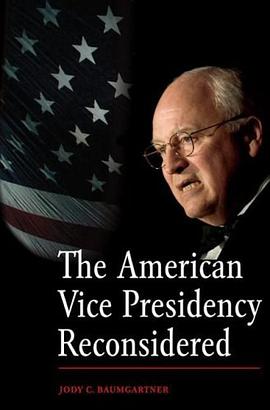

具体描述
At the end of the Cold War, the NATO alliance found itself without its erstwhile primary enemy. While NATO found new purposes as guarantor of stability for an increasing membership and as crisis manager in Southeast Europe, the alliance's expansion also advanced its transformation from a collective defence organisation into a security community. While NATO was redefining itself, the European Union created the institutional and political prerequisites for a European security and defence policy. In his analysis of Europe's emancipation from security dependence on the United States, Oswald expects the economic strength of the European bloc to translate into responsibility for regional security. Yet this is not to say that the EU is emerging as the primary challenger to U.S. hegemony. Instead, Oswald argues, European security autonomy will lead to a more balanced transatlantic partnership, even though American military might will remain far superior. As U.S. leaders indicate a willingness to disengage from their former European protectorate, the Europeanisation of Europe's own security needs - their ability to take care of their own crises - will proceed apace. An understanding of this process is key to an American foreign policy that recognises Europe as a strategic actor in its own right, an indispensable ally with its own military and nonmilitary instruments of crisis management.
作者简介
目录信息
读后感
评分
评分
评分
评分
用户评价
相关图书
本站所有内容均为互联网搜索引擎提供的公开搜索信息,本站不存储任何数据与内容,任何内容与数据均与本站无关,如有需要请联系相关搜索引擎包括但不限于百度,google,bing,sogou 等
© 2026 book.wenda123.org All Rights Reserved. 图书目录大全 版权所有




















